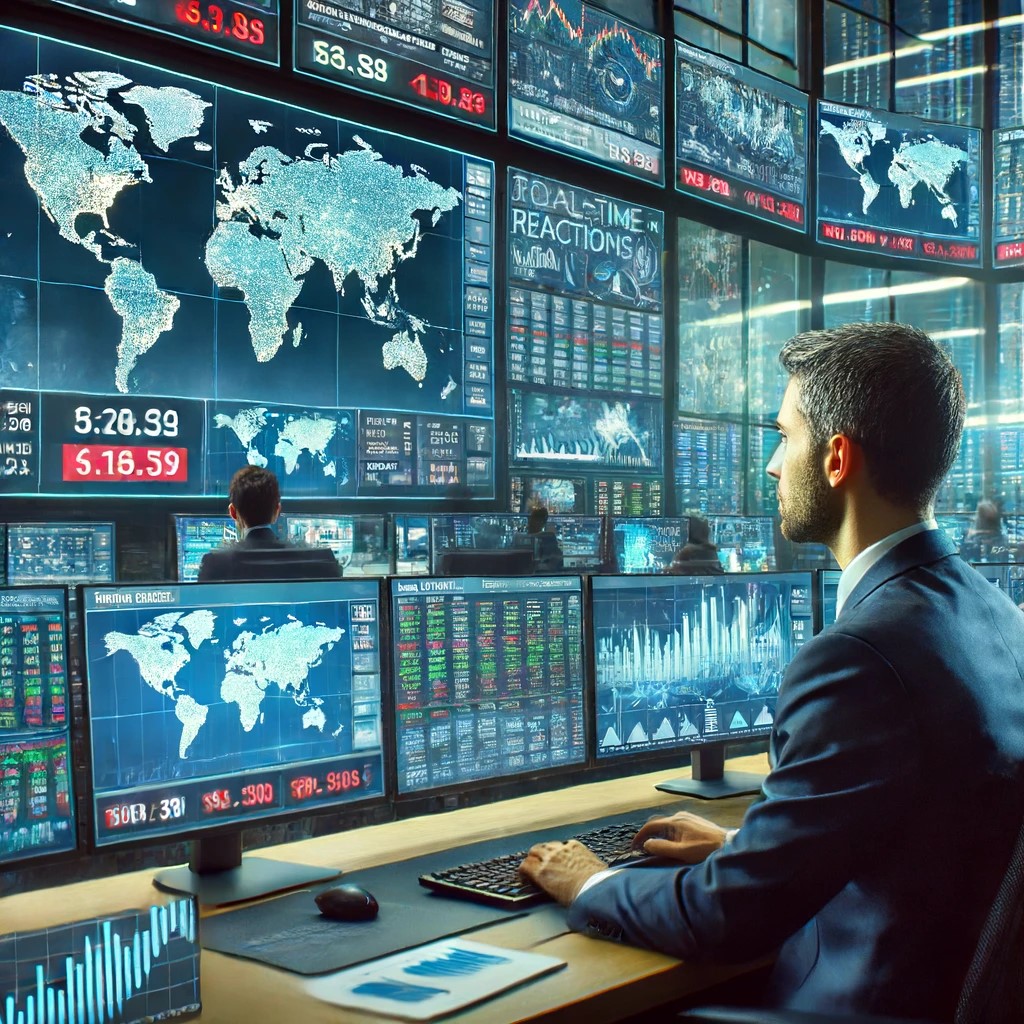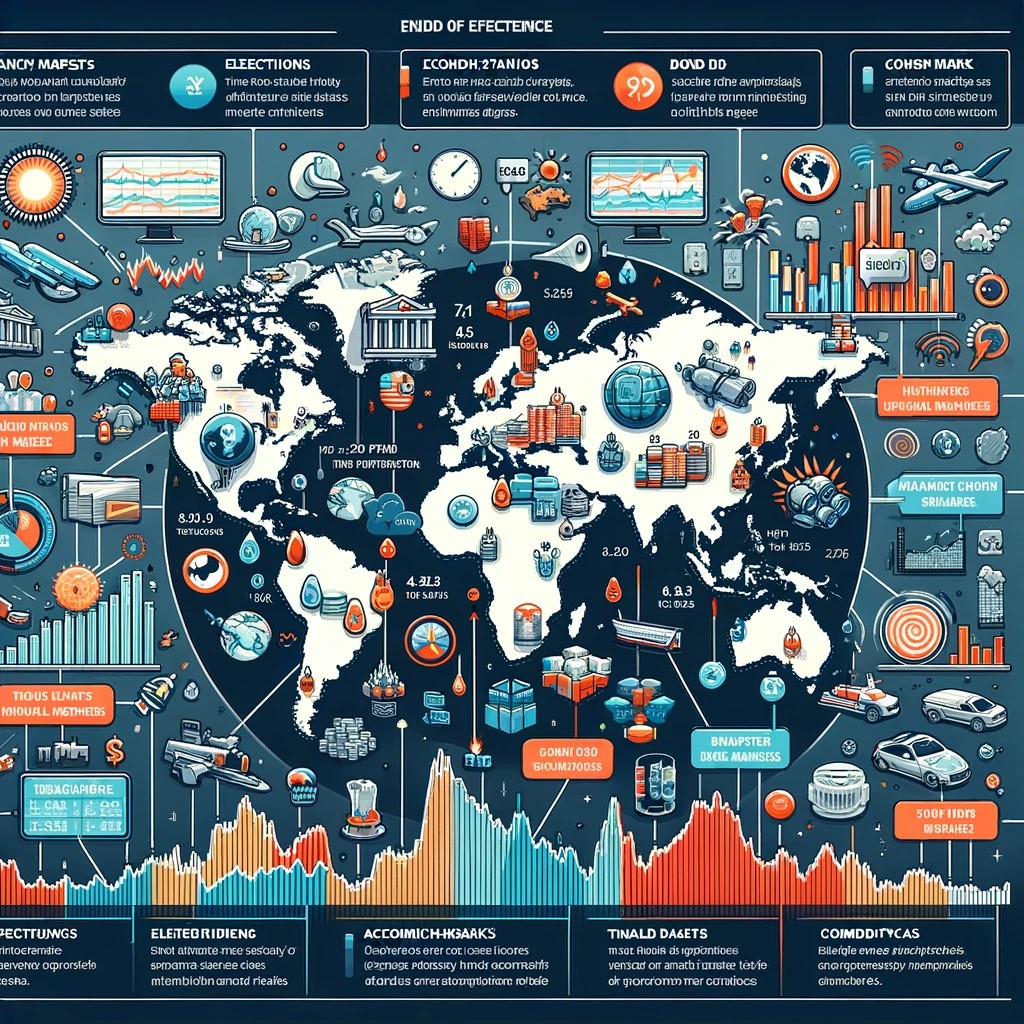In today’s interconnected world, global events have a profound impact on financial markets and investment strategies. From geopolitical tensions to economic agreements, the ripple effects of these events are felt across stock markets, commodities, and currencies worldwide. This article explores the influence of global events on market sentiments and outlines how they shape investment decisions, highlighting current trends and making future predictions.
The Impact of Global Events on Markets
Global events can be categorized into various types including political developments, economic data releases, natural disasters, and technological advancements. Each category affects investor behavior and market dynamics differently:

1. Political Events: Elections, trade wars, and changes in government policy can cause significant volatility in the markets. For instance, the announcement of trade tariffs between the US and China led to large market fluctuations due to uncertainty about global trade relations.
2. Economic Announcements: Releases of GDP figures, employment data, and interest rate decisions are closely monitored by investors as they directly influence market movements. Positive economic data can boost market sentiments, while disappointing figures can lead to declines.
3. Natural Disasters: Events like hurricanes, earthquakes, and pandemics can lead to market instability. While some sectors such as construction and pharmaceuticals may experience gains, others like tourism and retail can suffer significant losses.
4. Technological Breakthroughs: Innovations and technological advances can also drive market sentiments. The emergence of industries such as fintech, renewable energy, and biotechnology has led to new investment opportunities and shifted traditional market landscapes.

Current Trends Influencing Market Sentiments
1. Increased Market Sensitivity: Today’s markets are more sensitive to global events than ever before. The speed at which information is disseminated allows markets to react almost instantaneously to global news, amplifying volatility.
2. Rise of Social Media: Social media platforms have an unprecedented impact on markets. News spreads faster, and its reach is wider, allowing individual events to influence global market sentiments instantly.

Future Predictions
1. Greater Emphasis on Geopolitical Intelligence: Investors will increasingly rely on sophisticated geopolitical analysis to make informed decisions. Understanding the political landscape will be as crucial as economic fundamentals in assessing investment risks and opportunities.
2. Impact of Climate Change: As the effects of climate change become more apparent, markets will need to adjust to the economic consequences. This will likely result in increased investment in sustainable industries and a reevaluation of assets vulnerable to climate risks.
3. Evolution of Global Trade: The future landscape of global trade agreements will significantly influence market sentiments. Ongoing negotiations and trade deals will continue to be key factors in global economic stability and investment decision-making.
Conclusion
Global events play a critical role in shaping market sentiments and driving investment decisions. Investors who successfully navigate these influences do so by staying informed about global developments and adapting their strategies to manage risks and capitalize on opportunities. As we move forward, the ability to quickly interpret and react to global events will remain a valuable skill in the ever-evolving financial markets.


